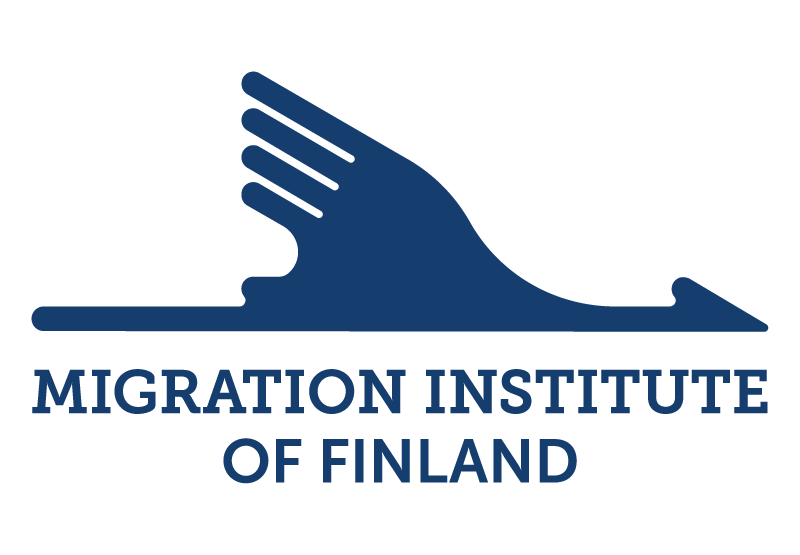Childbearing and Work-Family Balance among Contemporary Russian Women
Keywords:
gender equality, fertility, childbearing, mothering, family, work, RussiaAbstract
There are contrasting views on how gender equality affects fertility in contemporaryEuropean societies. This article discusses the Russian situation by asking how
tensions in the contemporary gender system relate to reproductive decision-making
and identity. How do gendered practices and identities influence womens intentions
to have children?
In depth interview data gathered during the last decade is used to analyze how the two
main gender contracts of the professional women and the working mother relate to
family planning, child birth, pregnancies, and mothering. Results indicate that while
Russian women experience increasing pressure of the double burden and few signs
of increasing gender equality in domestic life, the stable identity of Russian mothering
contributes to the birth of at least one child. Childbearing does not depend directly on
gender roles and division of labor in households. The decision to have a child and care
for small children continues to be womens responsibility even as fertility patterns have
modernized and gender equality in couple relations is slightly increasing. However, the
type of gender contract influences the process of negotiation concerning reproductive
matters and the timing of childbirth.
How to Cite
Temkina, A. (2010). Childbearing and Work-Family Balance among Contemporary Russian Women. Finnish Yearbook of Population Research, 45, 83–101. https://doi.org/10.23979/fypr.45055








